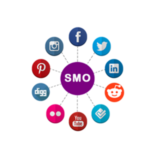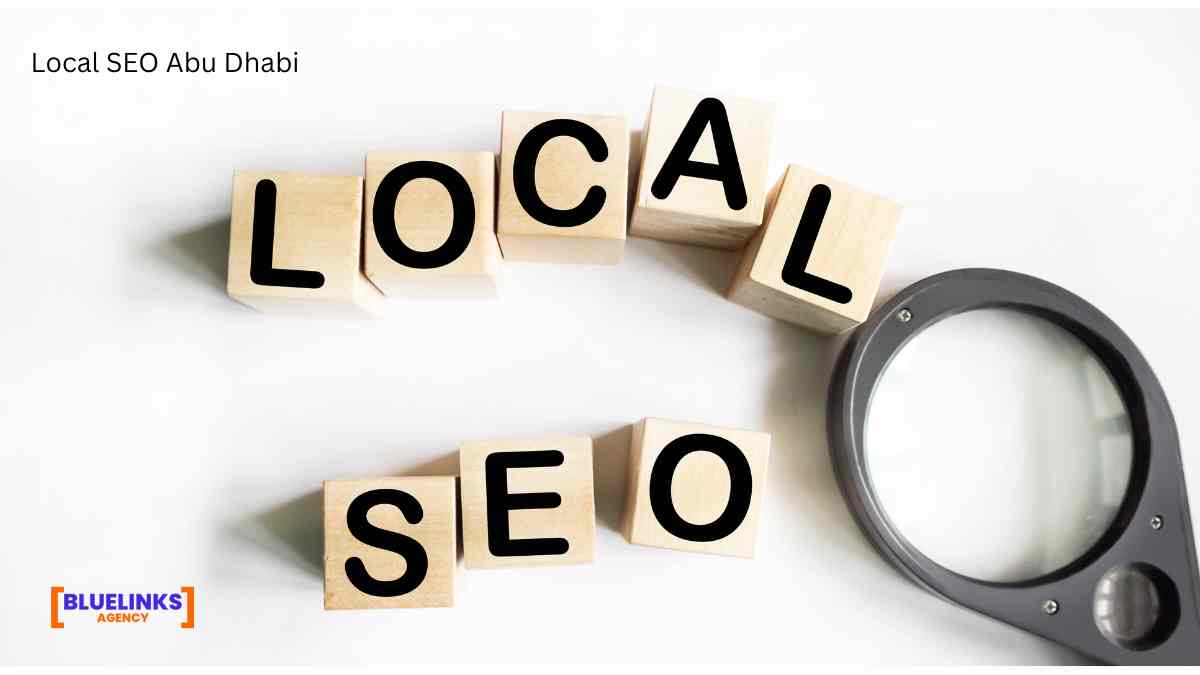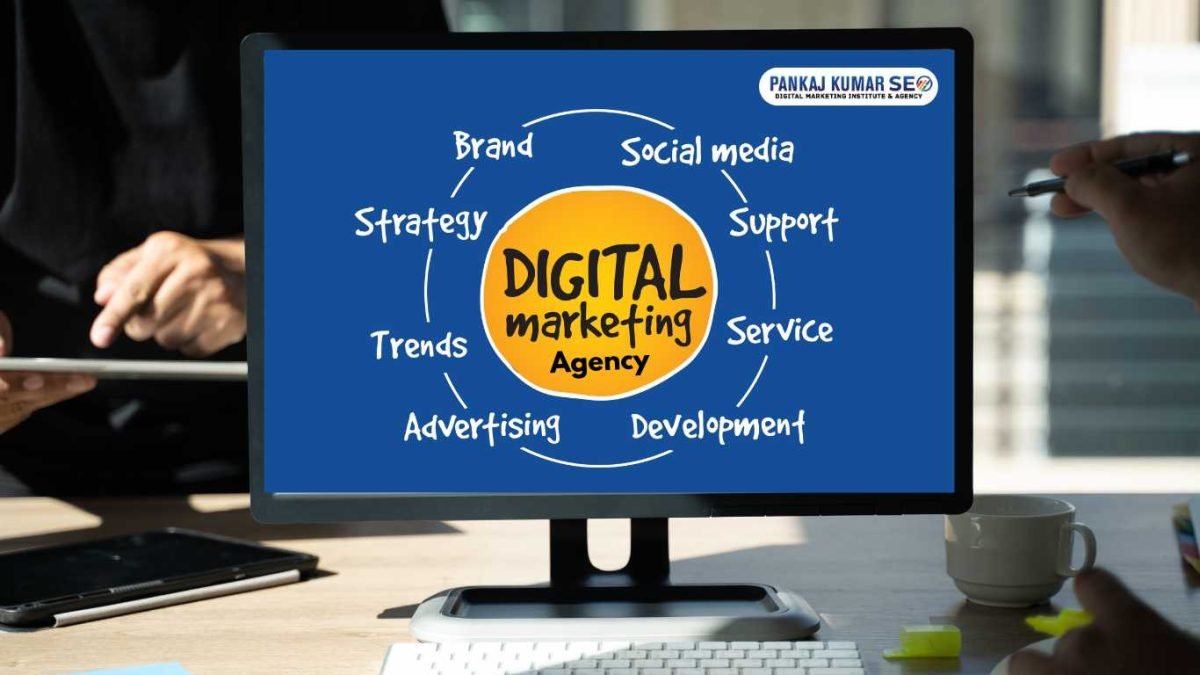Introduction
In today’s fast-paced world, where health is a top priority, the evolution of healthcare apps has revolutionized the way we approach wellness. From preventative measures to swift recovery, these apps serve as companions on our journey to a healthier tomorrow. In this comprehensive guide, we delve into the intricate landscape of healthcare app development, exploring its role in facilitating prevention, aiding recovery, and shaping a better future for healthcare globally.
Understanding the Landscape
Preventive Healthcare Solutions
In the realm of preventive healthcare, innovative apps play a pivotal role in empowering individuals to take proactive steps towards wellness. From fitness trackers to nutrition planners, these apps offer personalized solutions tailored to individual needs, promoting healthy habits and lifestyle modifications.
Empowering Recovery Efforts
During times of illness or injury, healthcare apps serve as indispensable tools for facilitating recovery. Whether it’s medication reminders, symptom trackers, or virtual consultations, these apps bridge the gap between patients and healthcare providers, ensuring seamless communication and optimal care.
The Impact of Healthcare App Development
Enhanced Accessibility
One of the most significant advantages of healthcare apps is their ability to transcend geographical barriers, providing access to quality healthcare services regardless of location. This enhanced accessibility is especially beneficial for individuals residing in remote areas or facing mobility challenges.
Personalized Healthcare Solutions
Gone are the days of one-size-fits-all healthcare solutions. With the advent of healthcare apps, users can enjoy personalized experiences tailored to their unique health needs and preferences. Whether it’s chronic condition management or mental health support, these apps offer customized solutions that prioritize individual well-being.
Challenges and Opportunities
Data Security Concerns
While healthcare apps offer unparalleled convenience, they also raise concerns regarding data security and privacy. As users entrust sensitive information to these platforms, ensuring robust security measures is imperative to safeguarding their privacy and confidentiality.
Integration with Traditional Healthcare Systems
For healthcare apps to realize their full potential, seamless integration with traditional healthcare systems is essential. This involves collaboration with healthcare providers, adherence to regulatory standards, and interoperability with existing infrastructure.
Innovations Driving Healthcare App Development
Telemedicine Revolution
Telemedicine has emerged as a game-changer in healthcare delivery, facilitated by the proliferation of healthcare apps. These platforms enable patients to consult with healthcare professionals remotely, breaking down barriers to access and improving convenience. From minor ailments to chronic conditions, telemedicine offers a lifeline to individuals seeking timely medical advice and intervention.
AI-Powered Solutions
Artificial Intelligence (AI) is revolutionizing healthcare app development, offering unprecedented capabilities in diagnostics, treatment planning, and predictive analytics. Machine learning algorithms analyze vast datasets to identify patterns, predict outcomes, and personalize interventions, enhancing the efficiency and efficacy of healthcare delivery.
Wearable Technology Integration
The integration of wearable technology with healthcare apps has opened new frontiers in preventive health monitoring. From smartwatches to fitness bands, these devices track vital signs, activity levels, and sleep patterns, empowering users to proactively manage their health and well-being. Moreover, real-time data synchronization with healthcare apps enables seamless monitoring and analysis, facilitating early detection of health issues and intervention.
The Future of Healthcare App Development
Focus on User Experience
As the healthcare app landscape continues to evolve, there is a growing emphasis on user-centric design and experience. Intuitive interfaces, personalized recommendations, and seamless integration with everyday life are paramount to engaging users and driving long-term behavior change. By prioritizing user experience, healthcare apps can enhance adoption rates and maximize their impact on health outcomes.
Interoperability and Data Sharing
Interoperability remains a key challenge in healthcare app development, as disparate systems and data silos hinder seamless communication and collaboration. However, initiatives such as Fast Healthcare Interoperability Resources (FHIR) are paving the way for standardized data exchange, enabling healthcare apps to integrate seamlessly with electronic health records (EHRs) and other healthcare systems. This interoperability fosters continuity of care, empowers patients with comprehensive health information, and facilitates data-driven decision-making by healthcare providers.
Ethical Considerations and Regulatory Compliance
As healthcare app development accelerates, it is imperative to address ethical considerations and regulatory compliance to ensure the safety, privacy, and security of users’ health data. Adherence to frameworks such as the Health Insurance Portability and Accountability Act (HIPAA) and General Data Protection Regulation (GDPR) is essential to build trust and confidence among users. Moreover, transparent data governance practices, informed consent mechanisms, and robust security measures are fundamental to mitigating risks and safeguarding the integrity of healthcare app ecosystems
Prevention to Recovery: Healthcare App Development for a Healthier Tomorrow
In today’s rapidly evolving healthcare landscape, the journey from prevention to recovery is increasingly being facilitated by innovative app development. By leveraging technology to empower individuals, enhance accessibility, and personalize healthcare experiences, these apps are paving the way for a healthier tomorrow.
FAQs
- How do healthcare apps contribute to preventive healthcare? Healthcare apps offer a range of preventive solutions, including fitness tracking, nutrition planning, and health monitoring, empowering individuals to adopt healthy habits and lifestyle changes.
- Are healthcare apps secure for storing sensitive health information? While data security is a concern, reputable healthcare apps employ robust encryption and security protocols to safeguard user data and ensure confidentiality.
- Can healthcare apps facilitate remote consultations with healthcare providers? Yes, many healthcare apps offer features such as virtual consultations, allowing users to connect with healthcare professionals from the comfort of their homes.
- How are healthcare apps personalized to individual health needs? Healthcare apps leverage user data and advanced algorithms to deliver personalized experiences tailored to individual health goals, preferences, and conditions.
- Do healthcare apps integrate with existing healthcare systems? Integration with traditional healthcare systems is a priority for many healthcare apps, enabling seamless communication and collaboration between patients, providers, and other stakeholders.
- What measures are in place to ensure the reliability of healthcare apps? Reputable healthcare apps undergo rigorous testing and certification processes to ensure compliance with regulatory standards and deliver reliable, high-quality experiences to users.
Conclusion
In conclusion, the evolution of healthcare app development company represents a transformative shift in the way we approach wellness, from prevention to recovery. By harnessing the power of technology, these apps are empowering individuals, enhancing accessibility, and shaping a healthier future for all. As we continue to embrace innovation in healthcare, the journey towards a healthier tomorrow has never been more promising.











